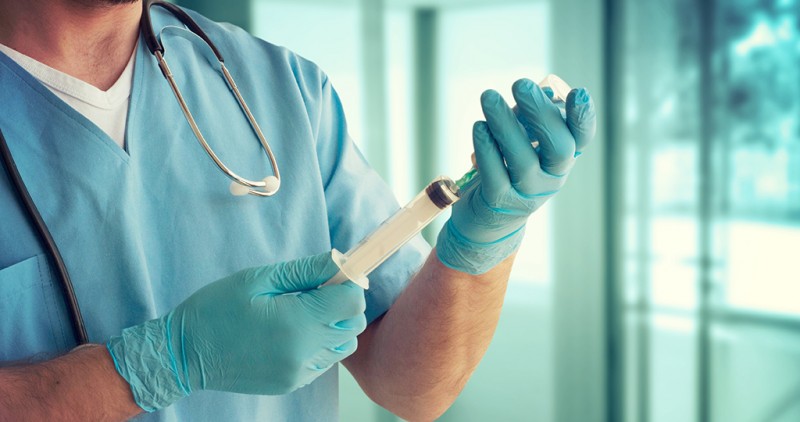It is a field of science which ensures that the patients are examined before, during and after the operation, for the diagnosis and assistance for critical patients, that guides the physician and assisting team, and supports all the activities in its field. Anaesthesia is the name of the procedure used by Anaesthesiology and Reanimation experts, which ensures that the patient experiences no pain before, during or after the surgery, prevents patients from intervening in the operation, ensures they do not remember the process after the surgery and makes sure the patient is comfortable. Types of Anaesthesia: Other duties of the anaesthesiologist outside of the Operating Theatre: Intensive Care: Contrary to popular belief, anaesthesia is a multidisciplinary medical field with great range. Anaesthetists have other duties outside the operation theatre as well. The title on the diploma of an Anaesthesia Expert reads as “Anaesthesia and Reanimation Expert”. Reanimation (resuscitation) is used in the sense of reviving, and it is an action which attempts to keep patients in a state of clinical death as a result of various causes alive and the process aims to keep them alive until their condition is improved via fundamental treatments and advanced life support. The foundations of today’s “Intensive Care units” were born from these efforts which brought countless people back to life. Due to the experience gained by the close monitoring of patients’ vital signs during operations, most Intensive Care units are directed by Anaesthetists. According to “Medical and Dentistry Speciality in Medicine Regulation” Anaesthesiology and Reanimation is described as a minor speciality field. Algology: The history of pain is as old as humans. Most people complain about certain pains caused by various factors at some point in their lives. Since the physiology of pain has become clearer over the years, the Department of Algology has advanced quickly and became more prominent within modern medicine. Anaesthetists use their ability to relieve pain in patients who require anaesthesia in other fields as well and relieve other types of acute or chronic pain. Chronic pain was regarded as a symptom of a disease in the past; however, it is now regarded as a disease in itself. Pain related to diseases goes away after the disease is cured. The reason for some chronic pain is unknown. The aim is to help the person live a comfortable life without pain. Patients with chronic pain are evaluated in pain relief centres, where a diagnosis is made and the treatment is planned using a multidisciplinary method, and they are treated based on fundamental scientific protocols. Anaesthesia Experts have active and primary roles in these fields due to their ability to relieve pain during operations. Controlling acute pain after surgery, giving birth painlessly and treatment of persistent chronic pain is possible with the developed methods.
2. Floor Eastern Block Department of Polyclinics Monday - Friday 8:00 - 17:00 Saturday Closed Sunday Closed +90 (392) 444 0 535
Policlinic Area
Opening Hours
Location



